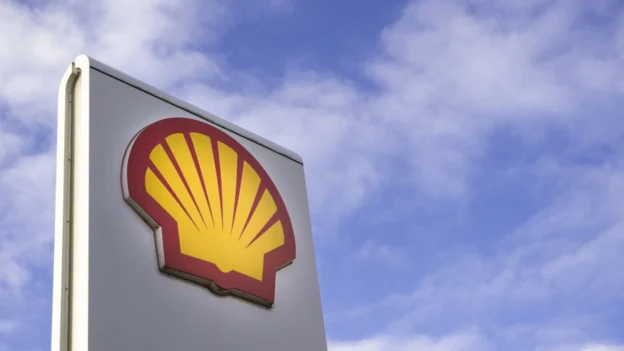The multinational oil company Shell announced that it will temporarily suspend the construction of its European biofuels plant in Rotterdam due to unfavorable market conditions. This decision comes in a context in which global energy companies are re-evaluating their investments in low-carbon energy projects.
Shell pauses European biofuels plant
Shell subsidiary Shell Nederland Raffinaderij has decided to stop work on its biofuels facility, which has a production capacity of 820,000 tons per year. The construction pause is intended to review the project’s delivery and ensure its future competitiveness in the current market, the company explained.
Shell’s Director of Downstream, Renewables and Energy Solutions, Huibert Vigeveno, said that this pause will allow an assessment of the most viable way to continue with the project. In addition, Vigeveno underscored Shell’s commitment to the goal of zero net emissions by 2050. net zero emissions by 2050 stressing that low-carbon fuels are essential to the decarbonization strategy of the company and its customers.
British competitor BP has also scaled back its plans to develop new sustainable jet fuel projects and renewable diesel biofuels. BP has paused planning for two potential projects and continues to evaluate three more.
Shell’s target realignment
Earlier this year, Shell reaffirmed its goal of being a net-zero energy business by 2050. However, it adjusted its 2030 carbon intensity target and withdrew its 2035 intermediate target of a 45% reduction in net carbon intensity.
Shell also indicated that continued investment in oil and gas will be necessary, as demand for these resources will decline more slowly than the natural rate of decline of existing fields, estimated at 4-5% per year. In the summer of 2023, Shell presented a new strategy that includes continuing to invest in oil and gas production, selectively allocating capital to renewable energy solutions. This strategy has been criticized by climate activists and some institutional investors.
Shell CEO Wael Sawan argued that reducing global oil and gas production would be “dangerous and irresponsible” because the world still relies heavily on these hydrocarbons to meet its energy needs.
Follow us on social networks and don’t miss any of our publications!
YouTube LinkedIn Facebook Instagram X
Source: Shell
Photo: Shutterstock

